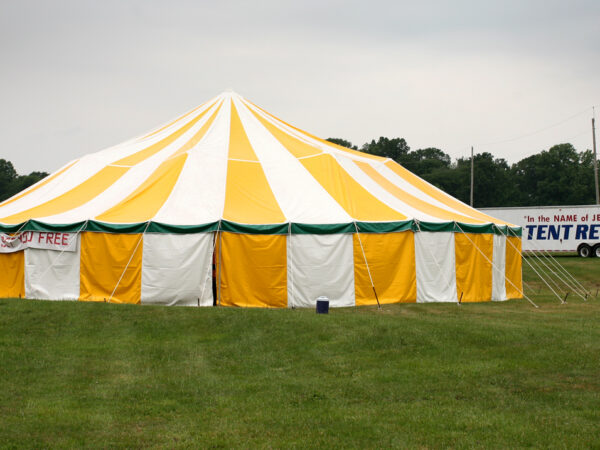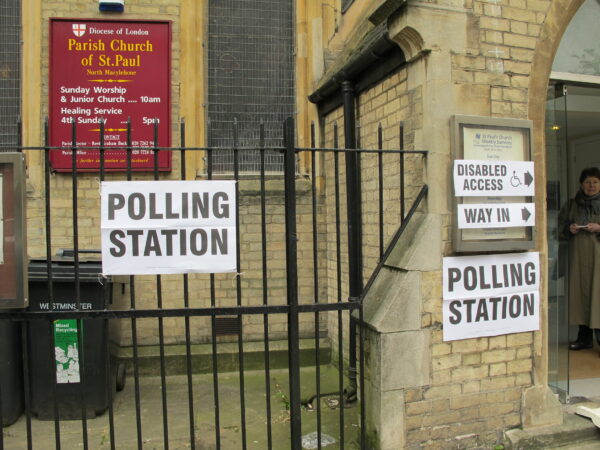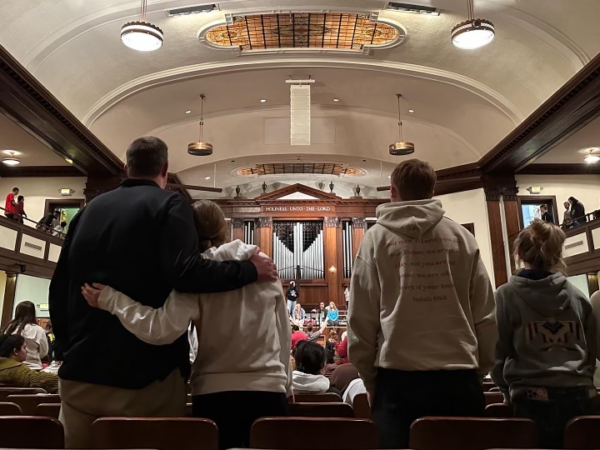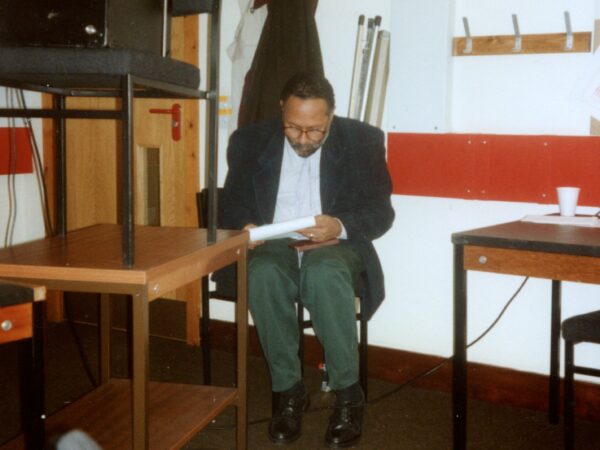
The messianic banquet imagined by the Jewish sages nurtures attitudes of respect, blessing, recognition, and wonder. These comportments converge in humility, an earthbound ethic that we practice together, through speech, action, and the work of dwelling.

Debates around revival persist because of what it promises. Indeed, it could be a site of hope for evangelicals in the midst of stories about declining church membership and religious disaffiliation from younger generations. But for some who experience revival on a regular basis, frustration and disappointment might abound.

Whether through suits before the International Court of Justice, pro bono suits in American courts, appeals to the United Nations, or student-led civil disobedience movements on campuses all over the democratic world, Palestinians and their supporters are attempting to cause a miraculous rupture in the realm of positive law, not to further the arbitrary ends of power, but to further the just and lawful ends of Palestinian freedom.

As we reflect on what it means to resist vulnerability and consolidate military power, much could be said in connection to our own political moment. Given the proliferation of weapons of war and the investment in such weaponry by nation-states and stakeholders who see buying shares in war-related machinery and technology as a profitable enterprise, the privileging of a good heart—“the LORD looks on the heart”—is a most urgent political posture.

How would the politics of atheism be enriched and deepened by attending the perspectives of children? And how might making space for children shift our conceptualizations of ‘the political’?

Is revival time a kind of queer time? The suspension of quotidian time during a revival event makes possible a queer time and place, but this possibility must be held in tension with the experience of openly queer people at Asbury, whose presence at the revival caused a furor in the conservative media.

Recent work in the fields of affect theory, especially in the fields of decolonial theory, queer theory, and disability studies, have shown how the necessity of attending to affect and temporality in ways that move beyond traditional accounts that prioritize inner states over exterior practices.

The politics of identity often has Indigenous persons grappling with the dichotomy of US empire’s labels of the Native American Indian as contaminating evil or contaminated victim. For Indigenous Christians Jesus calls on us to spurn these limiting designations, to embrace the spirit of interdependent creation, which brings us back to a family of justice and life.

Méadhbh McIvor, special projects editor, interviews Erin K. Wilson on her book Religion and World Politics: Connecting Theory with Practice. They discuss how her book “tries to move us away from this surface-level essentialist thinking about religion and provide people with a practical guide for how to incorporate religion into analysing world politics without over- or under-emphasising its importance.”

And this brings us to the aspect of Asbury that is either hopeful or depressing. Again and again, what happened in Asbury in February of 2023 is presented as first being centered around the youth and, second, as devoid of the common American strain of nationalist muscular Christianity.

